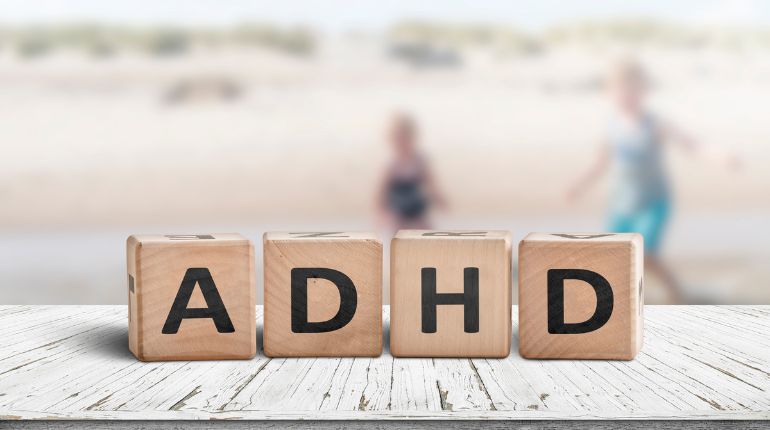ADHD
Attention-Deficit/Hyperactivity Disorder (ADHD) is a common neurodevelopmental condition that affects children and can continue into adulthood. It is characterized by persistent patterns of inattention, hyperactivity, and impulsivity that interfere with functioning or development. Children with ADHD may have trouble focusing, following instructions, sitting still, or waiting their turn. They may appear forgetful, easily distracted, overly active, or act without thinking.
There are three main types of ADHD: inattentive type, hyperactive-impulsive type, and combined type, which includes symptoms of both. The exact cause of ADHD is not fully understood, but it is believed to involve genetic, brain structure, and environmental factors.
Diagnosis is based on behavioral observations, developmental history, and input from parents and teachers. It requires careful assessment by healthcare professionals. ADHD is not caused by bad parenting but it can worsen the situation, with the right support, children with ADHD can succeed.
- Treatment may include behavior therapy, parent training, educational support, and, in some cases, medication. A consistent routine, clear expectations, and positive reinforcement are helpful strategies at home and school.
- Understanding ADHD helps reduce stigma. With early intervention and supportive environments, individuals with ADHD can develop strong coping skills and lead successful, fulfilling lives.
